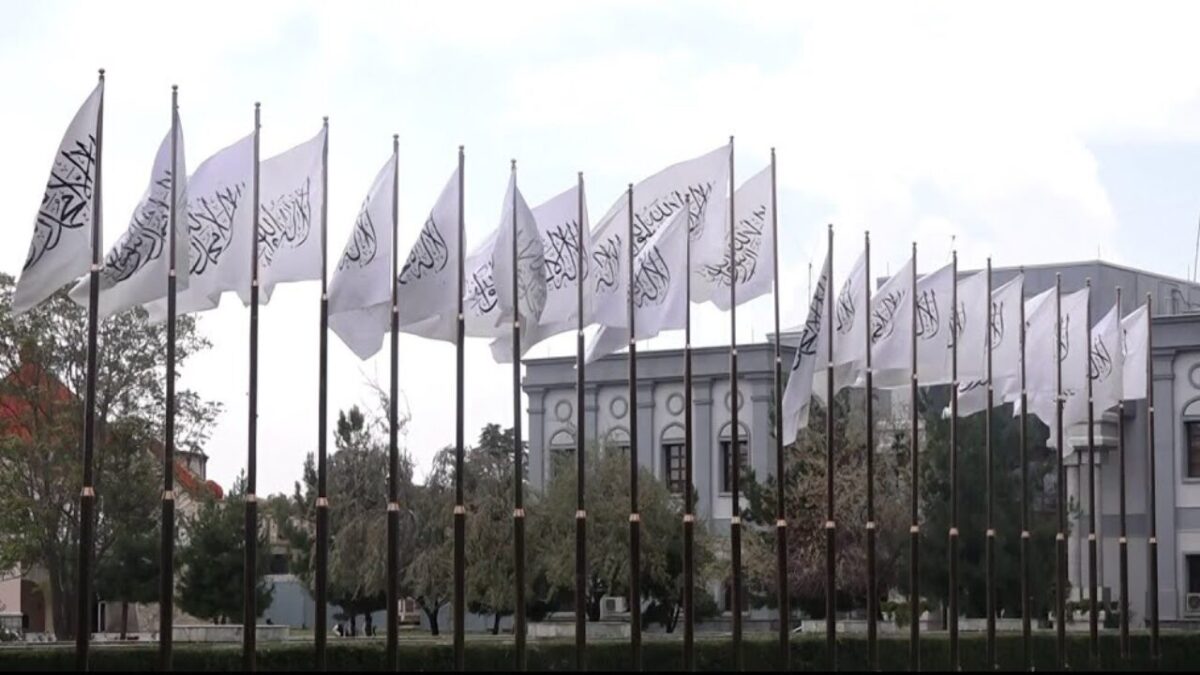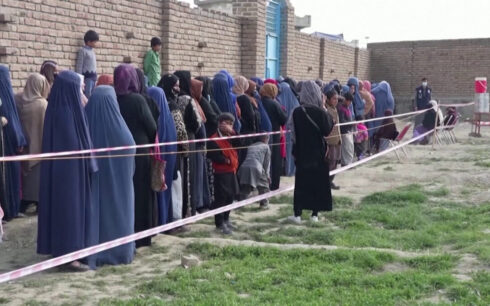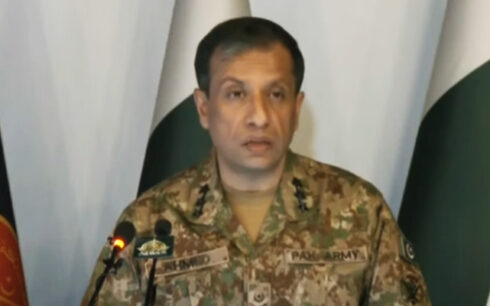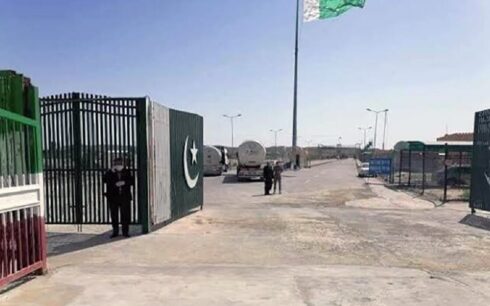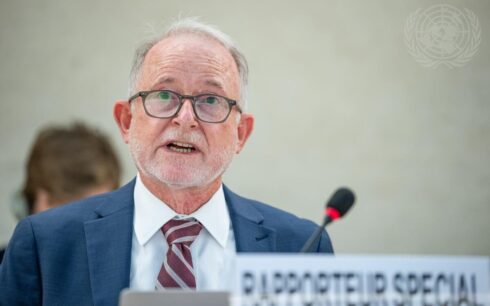The United Nations Assistance Mission in Afghanistan (UNAMA) condemned the Taliban’s newly ratified “Law on the Promotion of Virtue and the Prevention of Vice” on Sunday, warning that the 35-article law imposes wide-ranging restrictions on personal conduct and grants morality police broad, arbitrary powers of enforcement.
Taliban announced last week the ratification of a “Law on the Promotion of Virtue and the Prevention of Vice”, with 35 articles detailing significant restrictions on the Afghan population with arbitrary and potentially severe enforcement mechanisms.
“It is a distressing vision for Afghanistan’s future, where moral inspectors have discretionary powers to threaten and detain anyone based on broad and sometimes vague lists of infractions,” said Roza Otunbayeva, the Special Representative of the Secretary-General and head of UNAMA.
“It extends the already intolerable restrictions on the rights of Afghan women and girls, with even the sound of a female voice outside the home apparently deemed a moral violation,” she said.
The text has worrying impacts on religious freedoms by ignoring the full diversity of Afghanistan’s religious communities and places more restrictions that will impact the work of journalists and media, UNAMA said.
“After decades of war and in the midst of a terrible humanitarian crisis, the Afghan people deserve much better than being threatened or jailed if they happen to be late for prayers, glance at a member of the opposite sex who is not a family member, or possess a photo of a loved one,” Otunbayeva said.
“The international community has been seeking, in good faith, to constructively engage with the de facto authorities. The world wants to see Afghanistan on the path of peace and prosperity, where all Afghans have a stake in their future, are citizens with rights and not just subjects to be disciplined. Further restricting the rights of the Afghan people and holding them in constant fear will make achieving this goal even harder,” the SRSG said.
Concerns over the human rights implications of moral oversight policies and activities by the de facto authorities were outlined in detail in a UNAMA report published in July.
UNAMA said it is studying the newly ratified law and its implications for the Afghan people, as well as its potential impact on United Nations and other vital humanitarian assistance for the country, and is seeking clarification from the de facto authorities on a number of articles and on plans for enforcement.
UNAMA said that based on initial review, two articles in the law do constitute positive steps, namely outlawing the mistreatment of orphans as well as prohibiting the practice of Bacha Bazi, a pedophilic practice of using young boys for personal entertainment and sexual abuse.
“The de facto authorities are urged to increase policy and enforcement measures to protect children, including from sexual abuse,” said UNAMA.
UNAMA reiterates to Taliban that Afghanistan as a state remains party to seven key international human rights instruments.
Security Council Resolution 2681 (2023) also called on the Taliban to swiftly reverse the policies and practices that restrict the enjoyment by women and girls of their human rights and fundamental freedoms, UNAMA said.
As mandated by the United Nations Security Council, UNAMA continues to monitor, report and engage on human rights and women’s rights issues, and has maintained direct discussions with the de facto authorities.
SRSG Otunbayeva is scheduled to next report to the Security Council on the situation in Afghanistan on September 18.
UNAMA is mandated by Security Council Resolution 2626 (2022) which was extended under Resolutions 2678 (2023) and 2727 (2024).
This mandate tasks UNAMA with the promotion and support of humanitarian assistance in line with humanitarian principles, human rights, equality for women and girls, inclusive governance, resilience, and economic stability, and using our good offices for principled and constructive engagement with all national, regional and global stakeholders in the pursuit of Afghanistan’s peace and stability.

